In this the 30th anniversary year of the IPCC, we should look back and remember the original sin with which it was born and how that has condemned us to dishonesty in science, ignorance-based policies and social division on a global scale.
Nobel prize-winning theoretical physicist Albert Einstein, in an essay for the New York Times Magazine in 1930, concluded there were limits to science.
Already a subscriber? Log in
Subscribe for just $2 a week
Try a month of The Spectator Australia absolutely free and without commitment. Not only that but – if you choose to continue – you’ll pay just $2 a week for your first year.
- Unlimited access to spectator.com.au and app
- The weekly edition on the Spectator Australia app
- Spectator podcasts and newsletters
- Full access to spectator.co.uk
Or
Unlock this article
You might disagree with half of it, but you’ll enjoy reading all of it. Try your first month for free, then just $2 a week for the remainder of your first year.

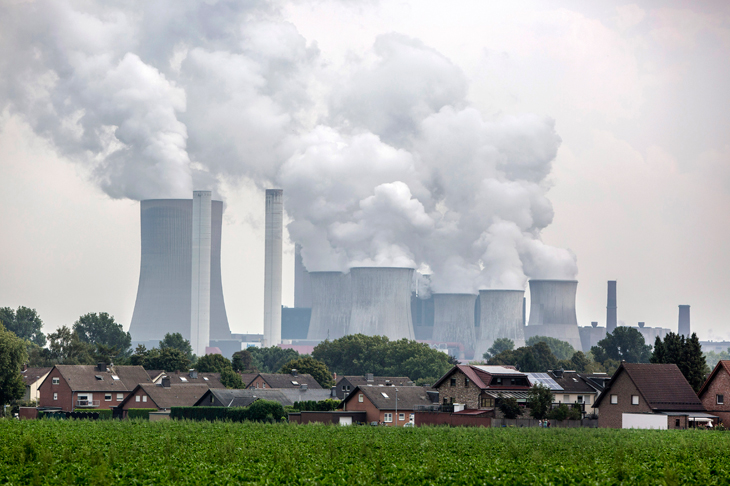
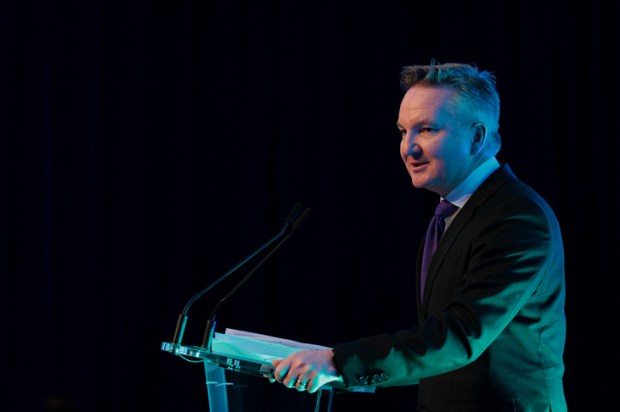


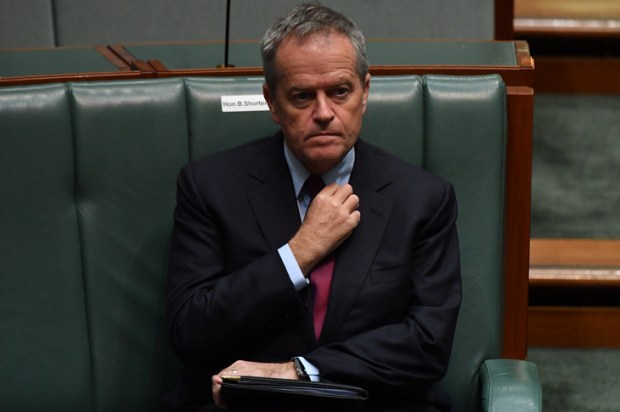
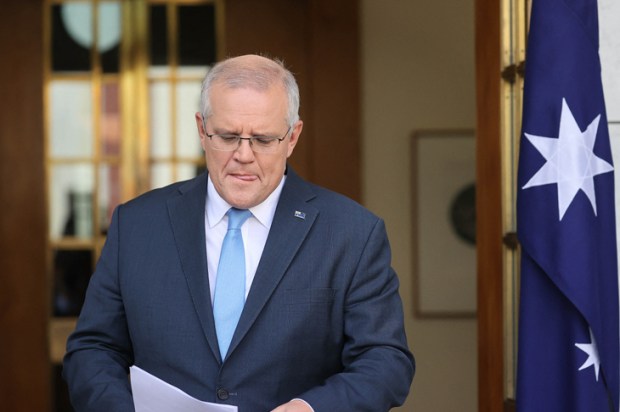
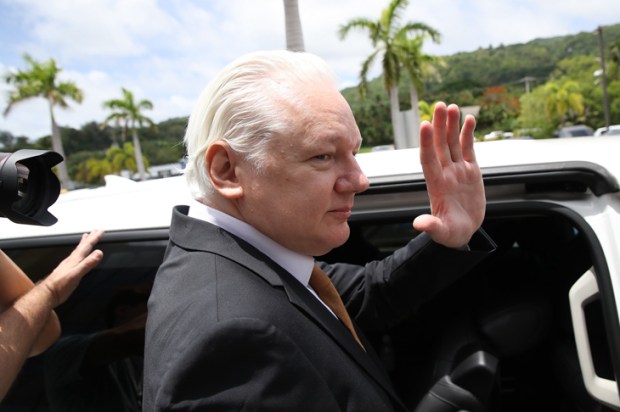






Comments
Don't miss out
Join the conversation with other Spectator Australia readers. Subscribe to leave a comment.
SUBSCRIBEAlready a subscriber? Log in